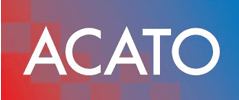Pro Tips to Save on ISO 9001 Recertification Expenses
Cut costs on ISO 9001 recertification effortlessly. Learn professional tips to minimise expenses while maintaining compliance and quality standards effectively.
Pro Tips to Save on ISO 9001 Recertification Expenses Read More »






